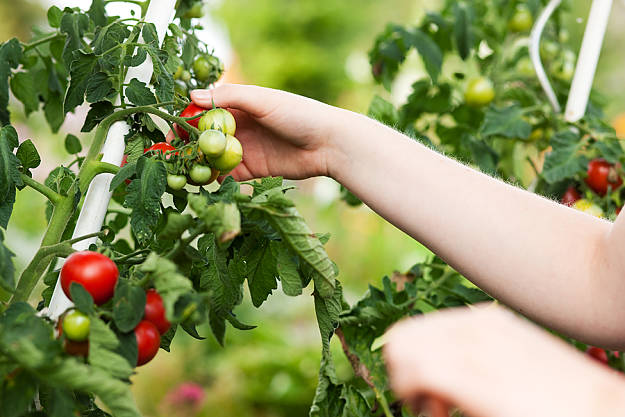
It’s Farming After All
 For the past centuries, countries all over the world are in the race for progress and economic growth. To produce oil, discover new technology, create big cities, ports both air and sea, just to facilitate international tradings are just some of the many requisites to be on the lead. And so industrialization becomes the trend and seems inevitable.
For the past centuries, countries all over the world are in the race for progress and economic growth. To produce oil, discover new technology, create big cities, ports both air and sea, just to facilitate international tradings are just some of the many requisites to be on the lead. And so industrialization becomes the trend and seems inevitable.
If one wanted to secure progress, industrialization is the way. Farmlands are developed into cosmopolitan buildings, rivers which used to provide food for the locals are turned toxic. These same rivers used to provide enough water supplies for rice fields, fish cages and also a lot of farming essentials are shut off in exchange of mining companies, manufacturing businesses and plantations. Industrialization took over and introduced itself in the name of progress.
Clearly, farming is jeopardized. Many farmers are forced or lured to convert their lands into so-called “more productive and high earning lands.”
This goes on and on, generation after generation, from one country to another, until all majority of the farms have been destroyed. And so the focus shifted into big cities.
Opportunities are monopolized in the urban areas. It becomes densely packed by the vast majority of the populace. And since no dreams can be reached in small towns, no opportunities in the villages or barrio and no riches in the farms, farming is never considered the way to survive.
Economic assurance and stability can only be achieved in industrialized cities. Or so we thought.
With this crisis we are facing now, we have learned the hard way that industrialization won’t give us assurance, that urban area is not the best place to stay, that survival does not happen in the posh and high buildings of our cities, that true wealth is not deposited in the banks, that technology does not guarantee better lives.
Or maybe nature has one good lesson for all of us to learn the way to survive and that is to go back to the basic. It’s farming after all. (Dennis O. Asumbrado)


No Comments